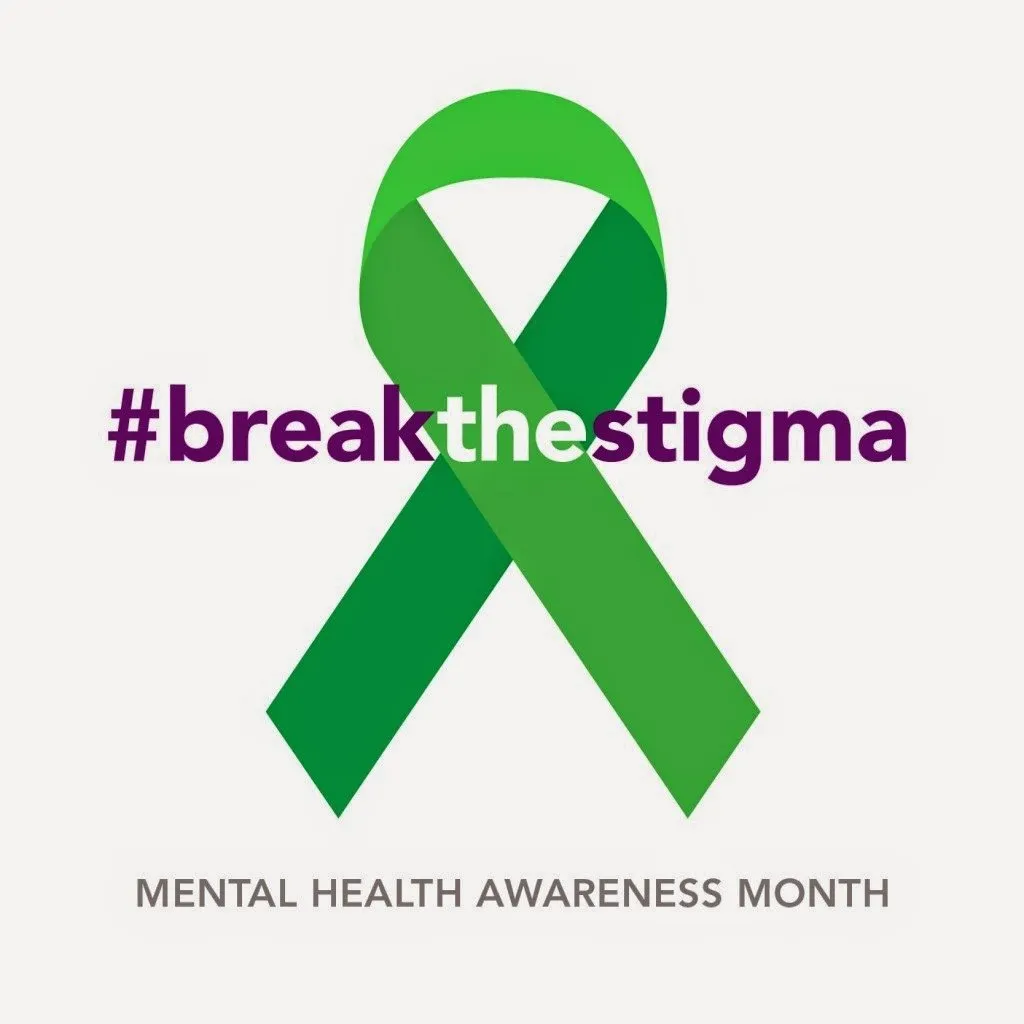Written by: Stephanie M. Jackson, M.Ed. M.A. of H.O.P.E. Eternally, LLC
First of all….if you’re in need of support, we want you to know that YOU ARE NOT ALONE. If you are in crisis at this time please call or text 988 to receive support from trained professionals.
Today, many people are using the phrase “mental health”. What is your understanding of the term? Well, according to the CDC (Centers for Disease Control), “mental health includes our emotional, psychological, and social well-being. It affects how we think, feel, and act. It also helps determine how we handle stress, relate to others, and make healthy choices. Mental health is important at every stage of life, from childhood and adolescence through adulthood.” Overall, paying attention to one’s mental health can impact the way you live life, overcome obstacles, impact the lives of others and exercise the power that you do have over the life you’ve been given.
Prior to COVID-19, mental health and mental illness were relevant. But, the importance of attending to your mental health wasn’t seen as a priority or a necessity – nor was it popular. It was more taboo than acceptable to acknowledge a mental imbalance, need for support, seeing a therapist or counselor. Furthermore, the idea of lovingly supporting those living with mental illness by helping them seek support or treatment was even more far-fetched. Historically, individuals suffering from mental illness and disorders (i.e.; depression, schizophrenia, bipolar disorder, anxiety, mood disorder, and substance-abuse disorders) were not completely understood or cared for by their loved ones. Some individuals were cast away to mental institutions instead of being cared for and nurtured by their loved ones.
When gaining clarity about mental illness, we must consider that although there is no single cause for mental illness, there are a host of factors that can contribute to the risk of developing mental illness. Some factors include experiences related to ongoing chronic illnesses (i.e.; cancer, diabetes, lupus), genetics, chemical imbalances, using drugs or alcohol, and Adverse Childhood Experiences (ACEs). ACEs is trauma or a history of child abuse, sexual assault, witnessing violence or death. Every 1 in 5 Americans are currently dealing with mental conditions (NAMI, 2023.) Individuals who experience mental illness are in need of compassion and empathy because you ever know what someone’s life is like or what they’ve had to go through to see the light of day.
Shonda Rhimes, Executive Director of Shondaland Productions, knew exactly what she was doing when she released her most recent Bridgerton Netflix series entitled “Queen Charlotte a Bridgerton Story”. During this series, the young King George III struggled with mental illness, at times being described as being “mad” or “having good days and down days”. It may have been a mere coincidence that the series was released on May 4, 2023 during Mental Health Awareness Month. It is encouraging to see young Queen Charlotte and King George navigate through this example of “until death do us part” support during the King’s mental illness and treatment. The level of compassion and empathy displayed for the King by the Queen and their staff was refreshing to witness. When experiencing mental illness, a little kindness can go a long way because you never know what someone is dealing with when you encounter them.
If you are in need of additional support beyond the scope of this blog, please reach out to us at www.mmhplou.com to connect with a therapist. We are here for you.
Below, you can find resources to help you along this journey of tending to your mental health (a continuous elevation of you and mindfulness practices, if you will).
Sources:
The Federal and State Role in Mental Health
National Institute of Mental Health
The Prevalence and Treatment of Mental Disorders, 1990 to 2003
NAMI: National Alliance on Mental Illness
Resources
Mindfest Celebration ( Louisville, KY)
“Queen Charlotte a Bridgerton Story” on Netflix
“A ‘GMA’ Digital Conversation: Breaking the Mental Health Stigma (Hulu Series)
Strategies/Resources to Improve or Maintain Your Mental Health
- Listen to music that lifts your spirits
- Do things that make your heart smile.
- Write/Read/Perform Poetry
- Exercise
- Dancing
- Yoga
- Therapy
- Local Support Groups
- Hobbies
- Nature
- Reading
- Doing things that you enjoy
- Laugh
- Journal
- Flotation Therapy
Books:
Journals by The Sis That Journals
Black Mental Health Matters: The Ultimate Guide for Mental Health Awareness in the Black Community
Coloring & Activity Mental Health Book Series by artist, Brandon Hill
The P.O.W.E.R. of 5: Reclaiming Your Power After COVID, Racial Injustice and Beyond
Brothers on the Mend : Understanding and Healing Anger for African-American Men and Women
Podcasts:
The Power of Legacy with Stephanie M. Jackson (Saturdays at noon)


0 Comments